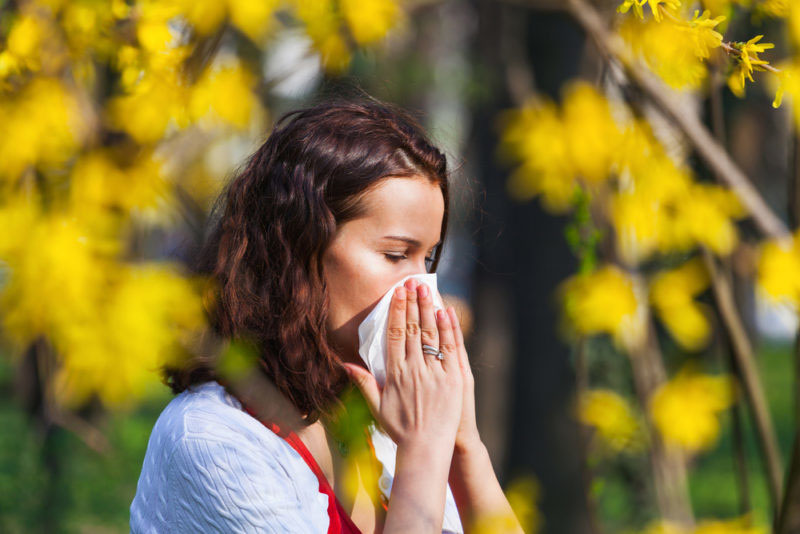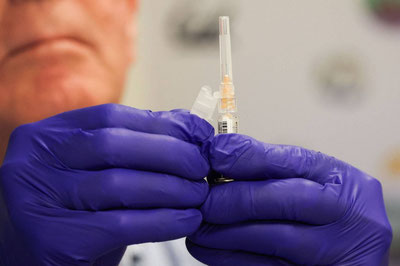The director of the Republic specialized center for allergology and clinical immunology, Ilmira Razikova, provided information about the causes and symptoms of seasonal allergies and how they differ from acute respiratory viral infections here.
— The flowering of trees, dust particles from plants can provoke allergies in people with weak immunity, — says the specialist. — Seasonal allergies are mainly caused by plant pollen ranging from 20 to 50 micrometers. It affects the nasal mucosa, upper respiratory tract, and conjunctiva of the eyes.
Currently, the second phase of this type of disease is being observed. It covers the period from May to the end of July and the beginning of August. During this season, field grasses bloom.
The next phase is related to the flowering of cereals, spanning from August to November.
In spring, the blooming of trees such as maple, cedar, birch, ash, elm, poplar, pine, black poplar, and cherry plum causes allergic reactions in some people.
Moreover, in this season, an increase in airborne pollen, dust, and mold is observed. As a result, symptoms of spring allergies manifest as sneezing, nasal congestion and itchiness or excessive discharge, swollen eyes, tearing, and sometimes coughing.
Additionally, symptoms specific to the disease include skin peeling, itching, drying, reddening, and the presence of reddish rashes.
Another source of allergies is household dust collectors and tools — carpets and mats, pillows, wall coverings, soft furniture, toys, and books.
About half of the people prone to seasonal allergies suffer from the fur of pets like dogs and cats.
Indeed, the signs of seasonal allergies are similar to the symptoms of ARVI and influenza. However, they can be distinguished by the following features.
For example, the symptoms of a cold and flu appear after some time following contact with the virus. Allergy symptoms, on the other hand, appear immediately.
While the symptoms of colds and flu generally disappear after 3-14 days, allergic reactions can last for several months. Moreover, during an allergy, the body does not shiver, nor does a fever appear.
In such cases, it is necessary to consult an allergologist specialist. Because self-medication can exacerbate allergies or lead to other diseases.






